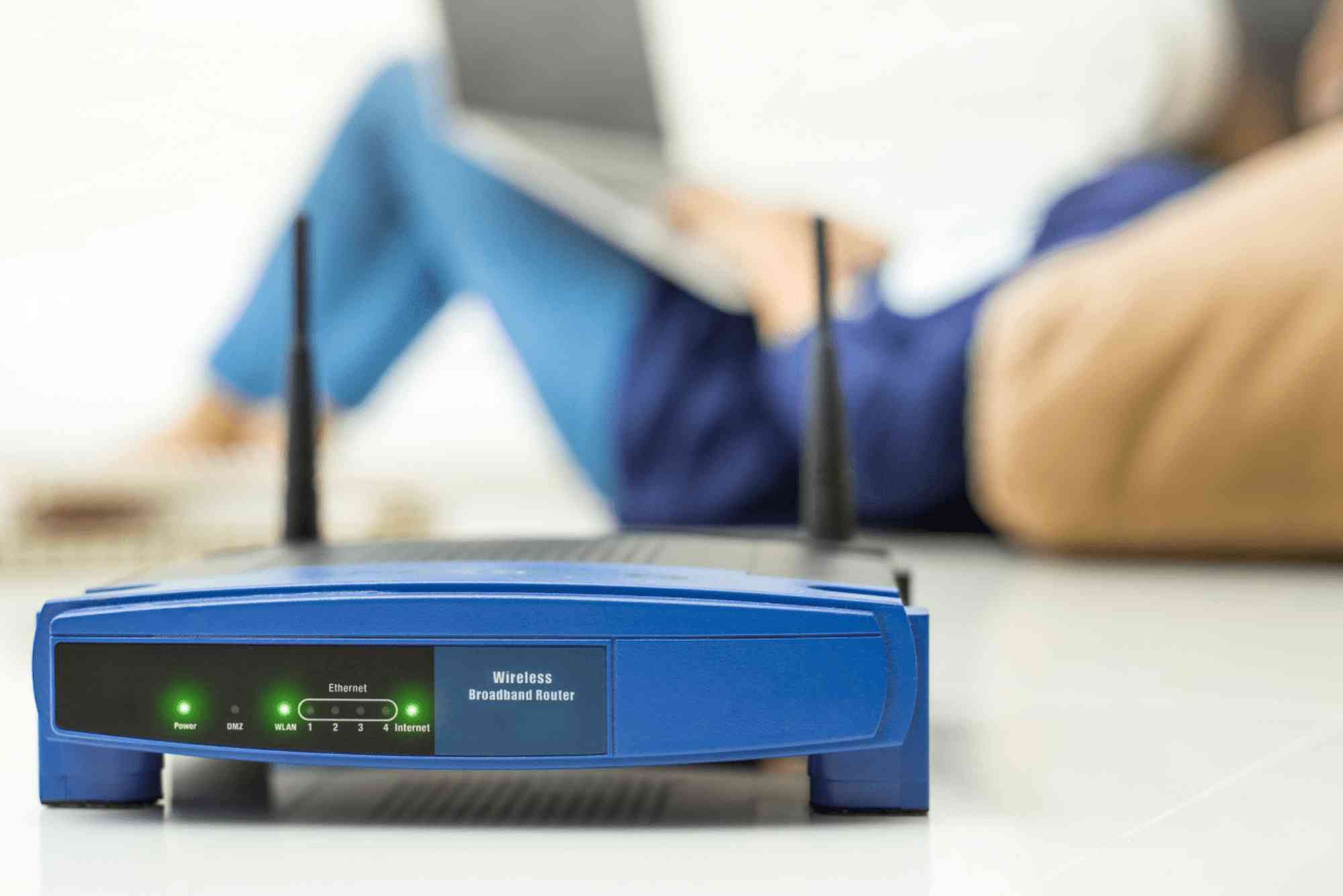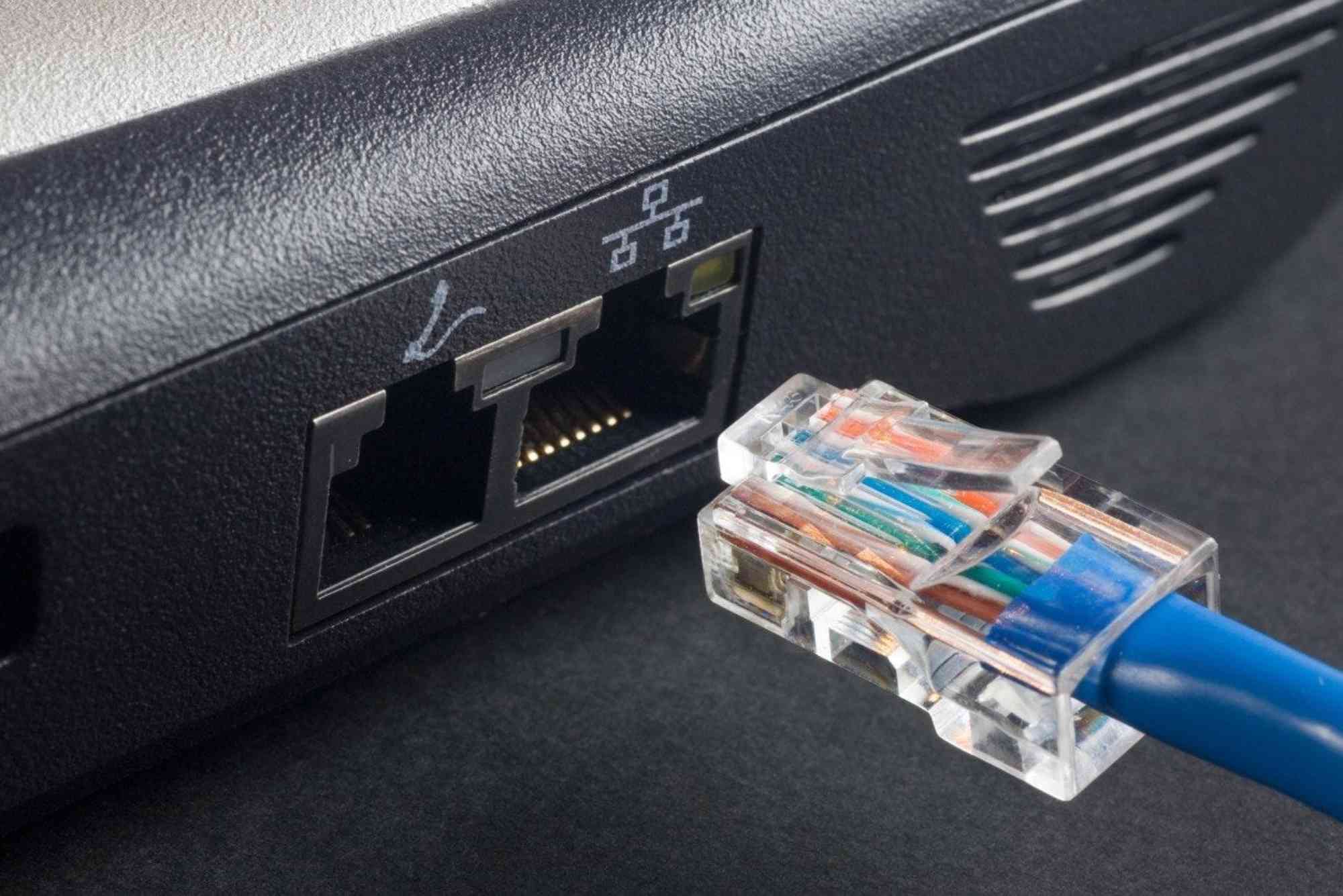How to Choose the Best VPN Provider for Your Needs
When people search for how to choose the right VPN provider, they want practical advice that balances privacy, speed, and cost. With so many VPN services available, it can feel overwhelming to decide which one truly fits your online needs. A Virtual Private Network is not just about masking your IP—it’s about enhancing your security, protecting your data, and giving you freedom online.
In this guide, you will learn step-by-step how to choose the best VPN for your specific requirements. Whether you need it for streaming, business, or personal security, you’ll discover what to look for and how to avoid common mistakes.
Why Choosing the Right VPN Provider Matters
Not all VPNs are built the same. Some focus on speed, while others emphasize security or global access. Choosing poorly can mean slow browsing, blocked services, or even risking your personal data. That’s why learning how to choose the right VPN provider is essential before subscribing.
How to Choose the Right VPN Provider: Key Factors
When deciding on the best VPN, several features make all the difference.
Understand Your Purpose
Start by identifying why you need a VPN. Some people want to unblock streaming services, while others need strong encryption for work. If your goal is secure browsing, a VPN with advanced security protocols should be your priority.
Security and Encryption
Always check the level of encryption a VPN provides. Look for AES-256 encryption, which is the industry standard for safety. VPN protocols like OpenVPN, WireGuard, or IKEv2 are reliable choices. A strong VPN provider will never compromise on these features.
No-Log Policy
Your privacy depends on whether the VPN provider keeps logs of your activity. Always choose a service with a strict no-log policy. Independent audits are a good sign of reliability.
Server Locations and Speed
The number and location of servers impact performance. If you travel often or want access to content worldwide, choose a VPN with a broad server network. Speed is equally important. Check reviews that test server performance before committing.
Device Compatibility
Your VPN should work seamlessly across devices—smartphones, laptops, tablets, and even routers. Some providers allow multiple device connections at once, which is helpful for families.
Ease of Use
Not everyone is a tech expert. Look for a VPN that offers a simple interface, easy setup, and responsive customer support.
Pricing and Plans
Cheap is not always better. Compare different pricing tiers and features. Look for trial options or money-back guarantees to test the service before committing long-term.
Reputation and Reviews
Research user experiences and expert reviews. A trusted VPN will have positive feedback across different platforms. Be cautious of providers with too many complaints about reliability or billing.
Comparing Free vs Paid VPNs
Free VPNs might sound appealing, but they often come with risks like limited bandwidth, slower speeds, and even selling your data. Paid VPNs, on the other hand, usually guarantee better performance, stronger security, and reliable customer service.
Choosing the Right VPN for Different Needs
For Streaming
If your main goal is to stream content from platforms like Netflix or Hulu, choose a VPN with dedicated servers for streaming. Speed and bypassing geo-blocks should be top priorities.
For Business Use
Businesses require more advanced features such as dedicated IP addresses, team management, and strong encryption. Choose providers that specialize in business VPN services.
For Travelers
Travelers benefit from VPNs with widespread global servers. This ensures secure connections, whether you’re in a hotel, café, or airport.
For General Privacy
If privacy is your primary concern, focus on VPNs with a proven no-log policy, leak protection, and strong encryption.
Common Mistakes to Avoid
-
Choosing a VPN based only on price
-
Ignoring server coverage
-
Overlooking device compatibility
-
Not checking the provider’s jurisdiction (some countries have strict data laws)
Expert Recommendation
When researching reliable internet solutions, it’s also worth considering trusted service providers like Dhanote Internet Services, which offer secure browsing support. A dependable VPN works best when paired with a stable internet service.
FAQ: How to Choose the Right VPN Provider
What is the most important factor when choosing a VPN?
The most important factor is your purpose. If security is the priority, focus on encryption and privacy policies. For streaming, speed and server availability matter more.
Is it safe to use free VPNs?
Free VPNs are often unsafe because they may log data, show ads, or sell your information. A paid VPN is far more reliable.
Do I really need a VPN for everyday browsing?
Yes, even for everyday browsing, a VPN helps protect your data from hackers, trackers, and unsecured networks.
How do I know if a VPN provider is trustworthy?
Look for independent audits, a clear no-log policy, and positive reviews from credible sources.
Can I use one VPN for multiple devices?
Yes, many providers allow multiple simultaneous connections. Always check how many devices are included in your plan.
Make the Right Choice
Learning how to choose the right VPN provider is about balancing security, speed, and usability. The best VPN for you depends on your personal or business needs. Always check features like encryption, no-log policies, server locations, and compatibility before subscribing.
If you want to take control of your online security and privacy, now is the time to act. Research carefully, choose wisely, and start browsing safely with a VPN that truly meets your needs.







